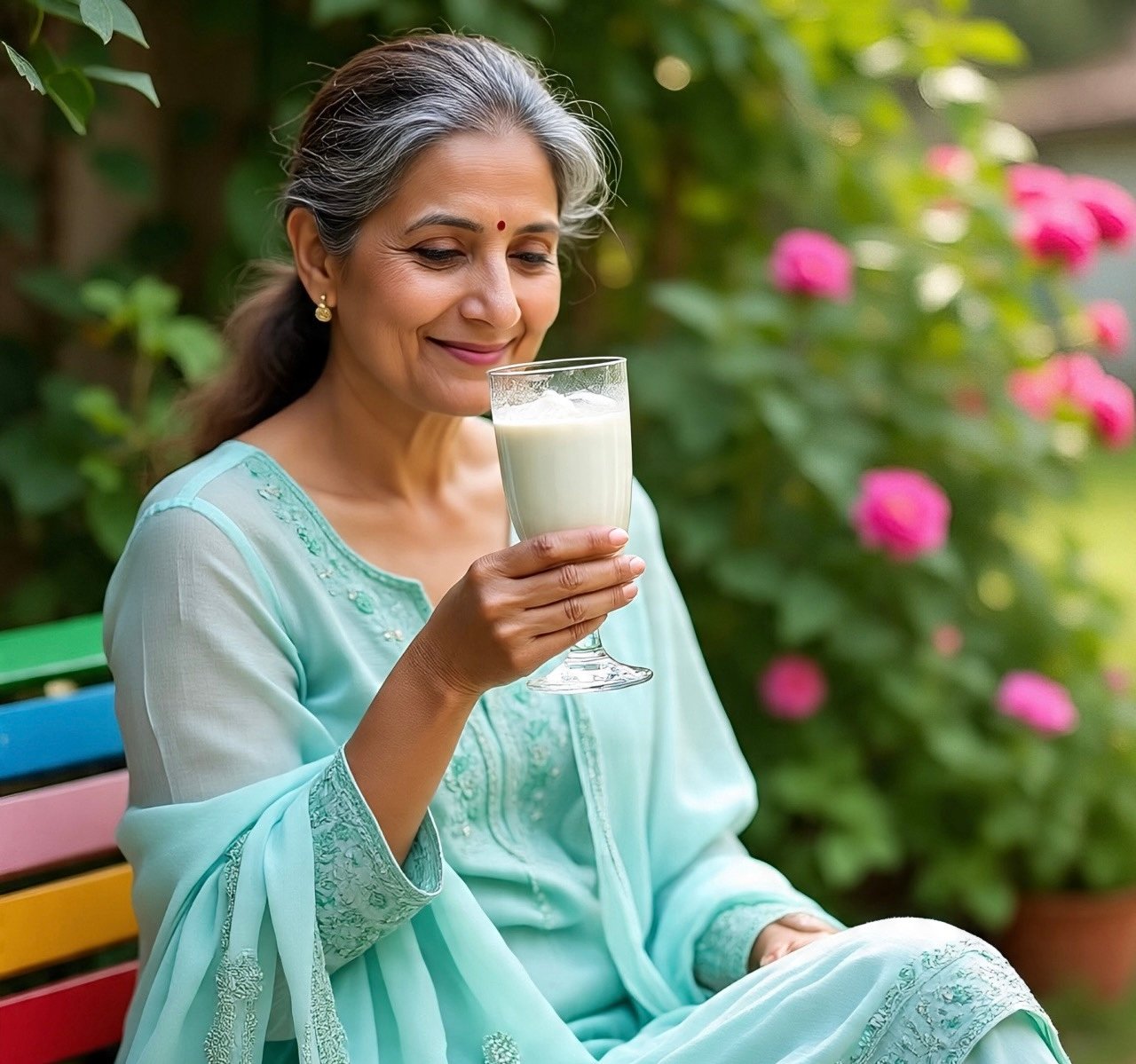Marriage boosts longevity in men, but for women, the outcome depends on relationship quality. Discover how gender shapes marriage’s impact on health.
Marriage is often celebrated as a source of love and companionship. But it’s also linked to better health—especially for men.
Studies show married men live longer, have lower stress, and enjoy better mental well-being. Women, however, only benefit when the marriage is emotionally healthy.
In fact, toxic or unsupportive marriages can harm women’s physical and mental health.
🧠 How Marriage Improves Men’s Health and Longevity
Research from institutions like Harvard shows married men outlive single men, especially if they marry after age 25.
Here’s why:
- Better habits: Wives often help men eat healthier and avoid harmful behaviors like smoking or binge drinking.
- Regular health checks: Men are more likely to see a doctor when encouraged by their spouse.
- Emotional support: A stable marriage reduces stress and improves emotional stability.
- Less loneliness: Married men report higher life satisfaction and social connection.
➡️ Bottom line: For men, marriage often acts like a long-term wellness plan.
Q: Does Marriage Affect Men’s Mental Health Too?
A: Yes. Married men experience less depression and are more emotionally resilient, thanks to support from their partners.
💔 Why Women Need More Than Just a Ring
Unlike men, women only benefit from marriage when it’s emotionally fulfilling and supportive.
Toxic or one-sided relationships can lead to:
- Chronic anxiety and emotional distress
- Increased cortisol (stress hormone)
- Weakened immunity and cardiovascular risks
- Sleep problems and fatigue
In other words, a bad marriage is worse than no marriage at all—especially for women.
🧹 The Burden of Emotional Labor on Women
Women often handle the invisible emotional work in relationships—like conflict resolution, caregiving, and emotional tuning.
When this labor goes unshared or unnoticed, it can lead to:
- Burnout and resentment
- Headaches, digestive issues, and poor sleep
- Mental fatigue and emotional exhaustion
👉 Over time, emotional labor becomes a silent health risk for many women.
Q: Can a Toxic Marriage Be Worse Than Being Single?
A: Absolutely. Studies show women in unhappy marriages report more stress and illness than single women.
📊 What Science Says: Gender Gaps in Marriage Health Benefits
A study in the Journal of Health and Social Behavior found:
- Men: Marriage improves health regardless of quality.
- Women: Only happy marriages lead to better health outcomes.
Another study by the University of Utah revealed women’s bodies respond more strongly to marital stress—with higher inflammation and stress markers.
💬 Marriage Isn’t a Cure—It’s a Mirror
Marriage doesn’t automatically lead to better health. The key is the quality of the relationship.
If the bond is built on respect, love, and emotional safety, both partners can thrive. But when the relationship is toxic, the health risks rise—especially for women.
🌈 The Bright Side: Happy Marriages Help Everyone
Supportive, respectful marriages provide strong health benefits for both men and women. These include:
- Lower blood pressure
- Reduced risk of chronic diseases
- Improved emotional well-being
- Stronger immune function
- Better sleep and less stress
Healthy couples also motivate each other to stay fit, eat better, and stay socially active.
💬 Q&A: Common Questions About Marriage and Health
1.
Why do married men live longer?
They receive emotional support, health advice, and often engage in healthier lifestyles encouraged by their spouses.
2.
Why might women not benefit the same way?
Women carry more emotional labor and are more biologically reactive to relationship stress.
3.
Is being single healthier than a bad marriage?
Yes. Single women often report better health than those in toxic or emotionally draining relationships.
4.
How can marriage support health for both partners?
Focus on mutual respect, emotional support, clear communication, and shared responsibilities.
5.
What is emotional labor, and why does it matter?
It’s the invisible work women often do to manage relationships. Unshared emotional labor leads to burnout and physical stress.
✅ Takeaway: It’s Not Just Marriage—It’s the Right Marriage That Matters
Marriage improves men’s health regardless of quality. For women, health gains depend entirely on how emotionally safe and supportive the relationship is.
The healthiest relationships are mutual, balanced, and loving—where both partners share responsibilities and support each other equally.
🔍 Final Word from Experts
“A good marriage is protective. A bad one is a chronic stressor. The key isn’t marriage itself—it’s the health of the relationship.”
— Dr. Robert Waldinger, Director, Harvard Study of Adult Development




